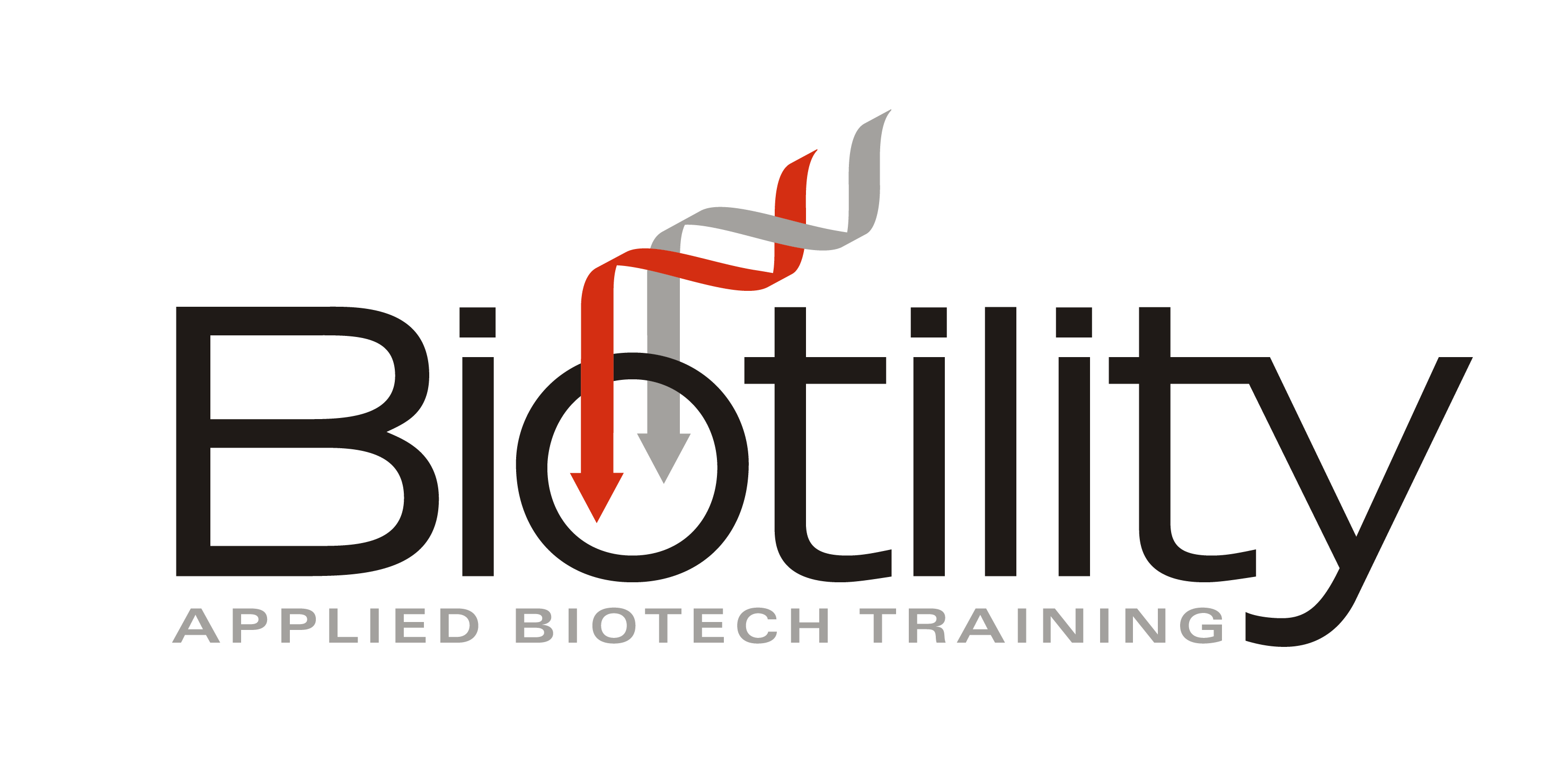The Industrial Biotechnology Educator Experience (IBEE) is a comprehensive asynchronous professional development program designed for secondary and post-secondary educators teaching any curriculum in which biotechnology concepts and techniques may be integrated.
The primary aim of this course is to provide exposure to the skills, techniques, and knowledge to teach biotechnology curricula in the context of working in the biotech industry. Course content includes the design, development, testing, and manufacture of a biopharmaceutical product. Educators will also develop an understanding of departmental roles and careers, as well as the criteria associated with working in this highly-regulated environment.
Participants will complete four modules developed by industry professionals, which include lectures, complementary coursework, assessments, and surveys. Course duration is a total of 20 hours. Upon completion of the four course modules, knowledge checks, and course evaluation, a Certificate of Completion and 2.0 CEUs will be awarded by Biotility and the University of Florida’s Office of Professional and Workforce Development.


